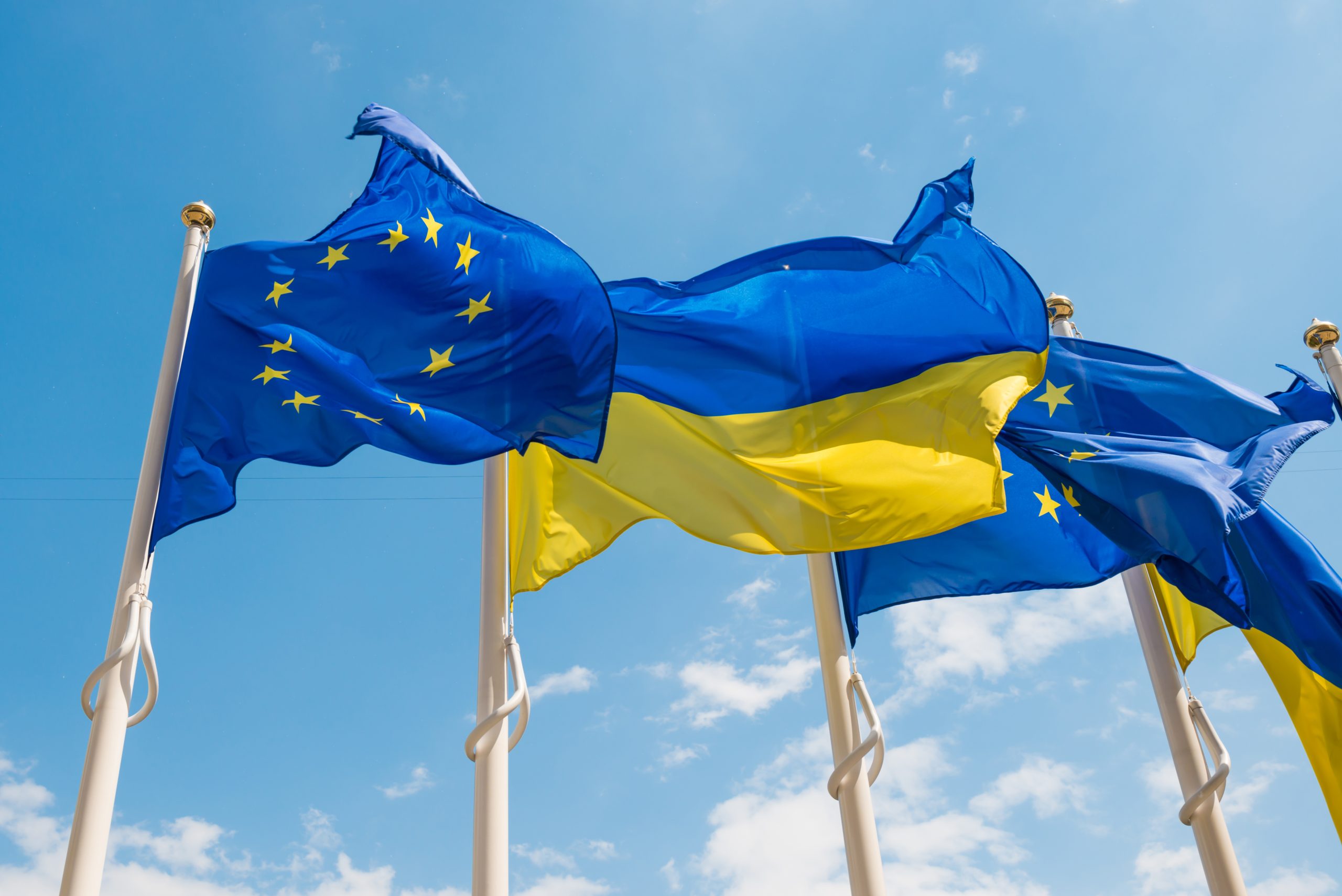Ukraine: EU report notes important steps taken in the implementation of the reform agenda

Ahead of the EU-Ukraine Association Council planned to take place on 5 September, the European Union today published its annual Association Implementation Report on Ukraine. The report outlines Ukraine’s implementation of reforms under the EU-Ukraine Association Agreement covering the period since the latest report published on 1 December 2020 and until the beginning of Russia’s military aggression on 24 February 2022.
“Despite the challenges, including those coming from Russia, Ukraine has taken important steps in implementing the Association Agreement. The reforms undertaken to date in this framework allow Ukraine to embark with confidence on the new phase of its relations with the EU following the decision of the European Council on Ukraine’s candidate country status. Russia’s illegitimate and unprovoked military aggression against Ukraine will not deflect the EU in supporting Ukraine’s reform agenda.” said the High Representative/Vice-President, Josep Borrell.
Commissioner for Neighbourhood and Enlargement, Olivér Várhelyi, added: “In 2021, Ukraine continued on its reform and European integration course. Following the decision by the European Council to grant Ukraine EU membership perspective and candidate country status, Ukraine needs to pursue further reforms, especially in the area of justice, rule of law, the fight against corruption and fundamental rights. This includes enacting and implementing legislation on a selection procedure for judges of the Constitutional Court of Ukraine, adopting an overarching strategic plan for the reform of the law enforcement sector as well as finalising the reform of the legal framework for national minorities and adopting effective implementation mechanisms. The EU will continue to support Ukraine in its European path and link it with the post-war reconstruction efforts.”
The report finds that in the period covered by the report, Ukraine was challenged by Russia’s destabilising actions, the conflict in the east and the coronavirus pandemic. The report highlights that Ukraine nevertheless has continued to prioritise association and further integration with the EU, and that despite these challenges, key reforms have gained new momentum.
Main findings
In the area of justice, rule of law and the fight against corruption, several positive developments took place, notably the adoption of key laws aiming at reforming the High Council of Justice (HCJ) and re-launching of the High Qualifications Commission of Judges (HQCJ) were adopted. Significant outstanding challenges include urgent reform of the Constitutional Court (CCU). A new law on the National Anti-Corruption Bureau (NABU) was adopted establishing a much needed clear legal framework for the office. The selection process for a new head of the Specialised Anti-corruption Prosecutor’s Office (SAPO) was not concluded. The High Anti-corruption Court (HACC) continued building a solid track record, and a law on whistle-blowers protection was adopted. Another significant step was taken in the reform of Ukraine’s system for combating serious economic and financial crimes with the creation of the Bureau for Economic Security (BES).
A new public administration reform strategy was adopted by the Government in line with OECD and European public administration principles, and merit-based recruitment to the civil-service was restored.
Government intervention in the management of state-owned energy company Naftogaz raised concerns over the pursuit of State-Owned Enterprise (SOE) corporate governance reform. A new draft law on corporate governance of SOEs passed the first parliamentary reading in July 2021. It aims to align Ukrainian legislation with OECD guidelines.
Ukraine’s financial sector remained profitable despite the impact of the Covid-19 crisis. However, developments at the National Bank of Ukraine (NBU) sustained concerns over central bank independence and banking supervision.
In the energy sphere, Ukraine’s wholesale electricity market continued to operate with some signs of distortion and market manipulation. The strategic goal to connect Ukrainian power grid to the Continental European Network CEN (grid synchronisation) was a top priority for Ukraine in the electricity sector and enabled the eventual connection to the grid on 16 March 2022.
There was overall little progress in environmental reforms in 2021. However, in the area of climate action, Ukraine adopted and submitted its Nationally Defined Contribution to the Paris Agreement and National Strategy on Adaptation to Climate Change. An EU-Ukraine focused dialogue on the EU Green Deal and Ukraine’s green transformation was launched and two extended working sessions were held in Brussels and Kyiv.
Ukraine has continued to make significant progress in the area of digital transformation. Ukraine adopted the law on telecommunications regulator, an important step in aligning its legislation with the EU acquis. Digital transformation has already contributed to more efficient and transparent government and the fight against corruption.
The 4th Report under the Visa Suspension Mechanism (COM(2021) 602 final) from 4 August 2021 concluded that overall, Ukraine continued to fulfil the visa liberalisation benchmarks and had taken action to address previous recommendations. However further efforts were needed inter alia in the areas of the fight against corruption, money laundering and the prevention and fight against organised crime.
The European Union will continue to support Ukraine in its comprehensive reform agenda.
Background
The Association Agreement between the EU and Ukraine, including a Deep and Comprehensive Free Trade Area, entered into force 1 September 2017. It promotes deeper political ties, stronger economic links and respect for common values, and is the basis for EU-Ukraine cooperation and EU support for reforms in Ukraine.
On 28 February 2022, Ukraine presented its application for EU membership. On 17 June, the European Commission presented its Opinion on Ukraine’s applications, recommending to the Council that Ukraine should be given the perspective to become a member of the EU and granted candidate status, on the understanding that a certain number of steps are taken. On 23 June, the European Council has recognised Ukraine’s European perspective and granted it the status of candidate country. The European Council has invited to report on the fulfilment of the conditions specified in the Commission’s opinions on the respective membership applications as part of its regular enlargement package.
For More Information
2021 Association Implementation Report for Ukraine
EU-Ukraine Association Agreement
